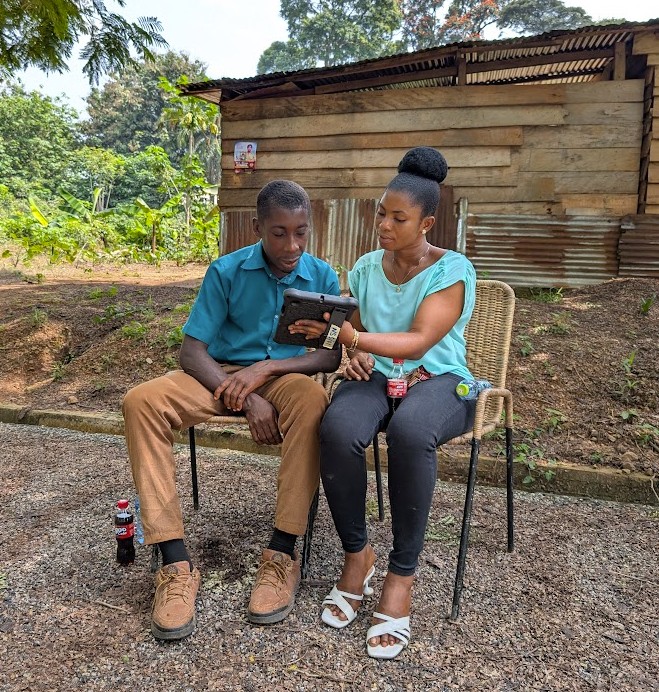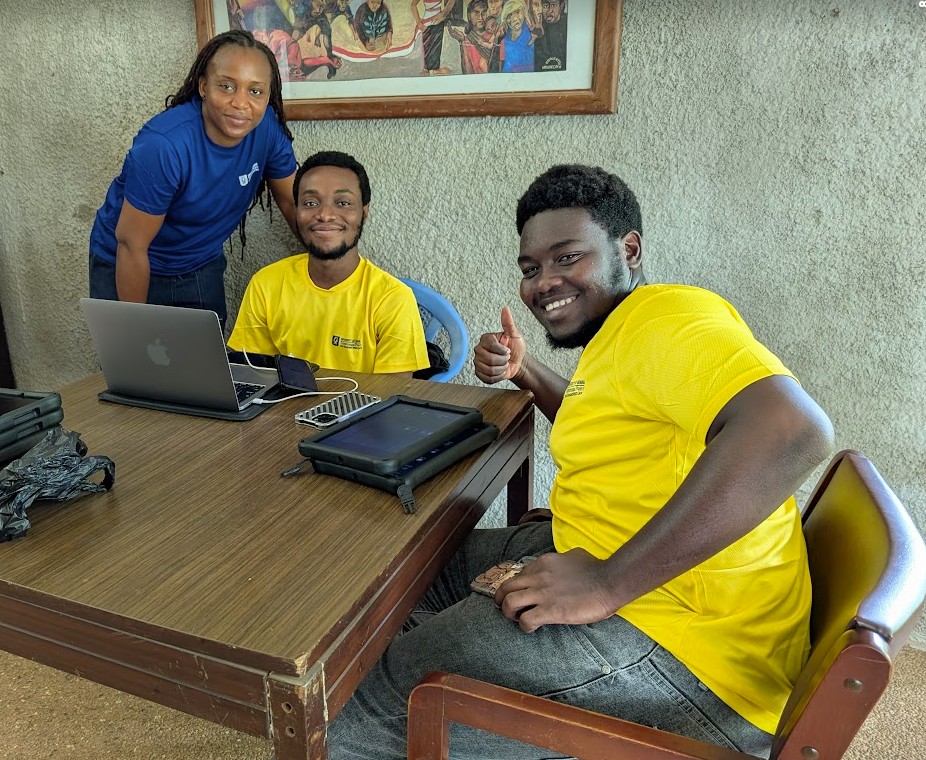Changing lives through AI - how a new Centre for Digital Language Inclusion will bridge the barrier between non-standard speech and the use of Automatic Speech Recognition for disabled people worldwide
Automatic Speech Recognition is transforming the communication ability of people with non-standard speech. The prevalence of mobile devices, alongside free-to-access apps, is making Automatic Speech Recognition accessible, convenient, and less stigmatizing for people with slurred or difficult-to-understand speech.
Today, UCL’s Global Disability Innovation Hub (GDI Hub) is launching a new Centre for Digital Language Inclusion alongside collaborative partners Royal Academy of Engineering, University of Ghana and Talking Tipps. The Centre will collect datasets of non-standard speech to build Automatic Speech Recognition models, enabling disabled people with communication barriers to take advantage of Automatic Speech Recognition software. The centre will also facilitate the development of AI-driven inclusive communication technologies and train others to use this innovative technology.
Building on top of the learnings from Google’s work on non-standard speech and the GDI Hub’s UK aid-funded AT2030 programme, the Centre will harness the power of AI and the potential of communication solutions to change lives. Currently, this technology is not available to those who would most benefit: non-English-speaking populations in African countries, who often have the least access to traditional assistive technology and speech and language therapy. The Centre plans to develop inclusive solutions for people with communication difficulties and train people on how to use them.
The Centre has started collecting non-standard speech for native African languages for the first time, enabling access for those most needing inclusive communication technology and will also build a community of innovators and users across Africa to maintain open-source applications, providing training to users and ecosystem enablers. With support from Google.org, the Centre plans to expand data collection to additional languages.
Open source datasets will provide greater access and equality of communication, alongside a knowledge bank with models and tools that enable local innovators to build apps for local languages that will support their communities.
Building on a successful pilot in Ghana GDI Hub Academic Director Professor Cathy Holloway shared: “Mobile as a mechanism for communication based Assistive Technologies can change lives, but for those with non-standard speech, the ability to maximise digital solutions is hugely compromised. By using AI to bridge the barrier between non-standard speech and the use of Automatic Speech Recognition we can ensure all languages and types of speech are supported by technology.”
"Google is committed to improving accessibility in emerging markets like Africa, and we are excited to see this initiative make speech recognition more accessible in African languages for people with non-standard speech." - Sara Basson, Google Emerging Markets Accessibility and Disability Inclusion Lead
Find out more about the Centre for Digital Language Inclusion and its upcoming programme of work.

